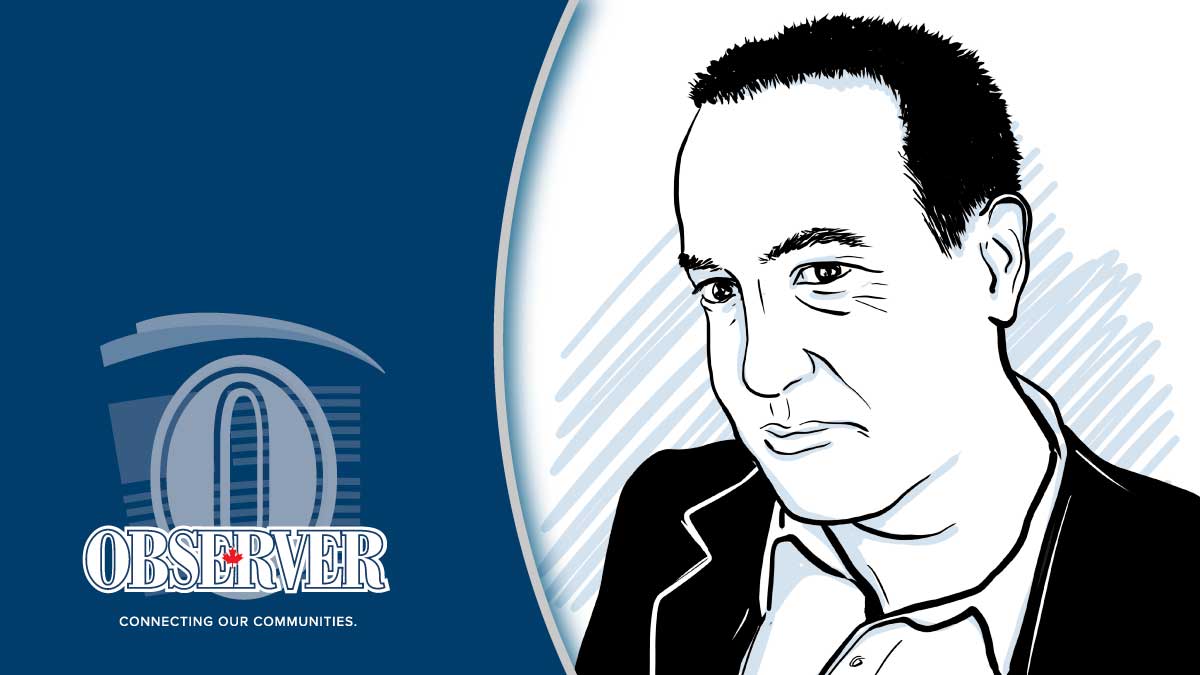;
;
;

Even in the midst of a crisis that has yet to reach its peak, there are questions about what comes next. The most pressing of those involve the economy, particularly how soon we can begin returning to our normal routines. At that point, the economy can begin to pick up, though it will take much […]
Last updated on May 03, 23
Posted on Mar 26, 20
4 min read
